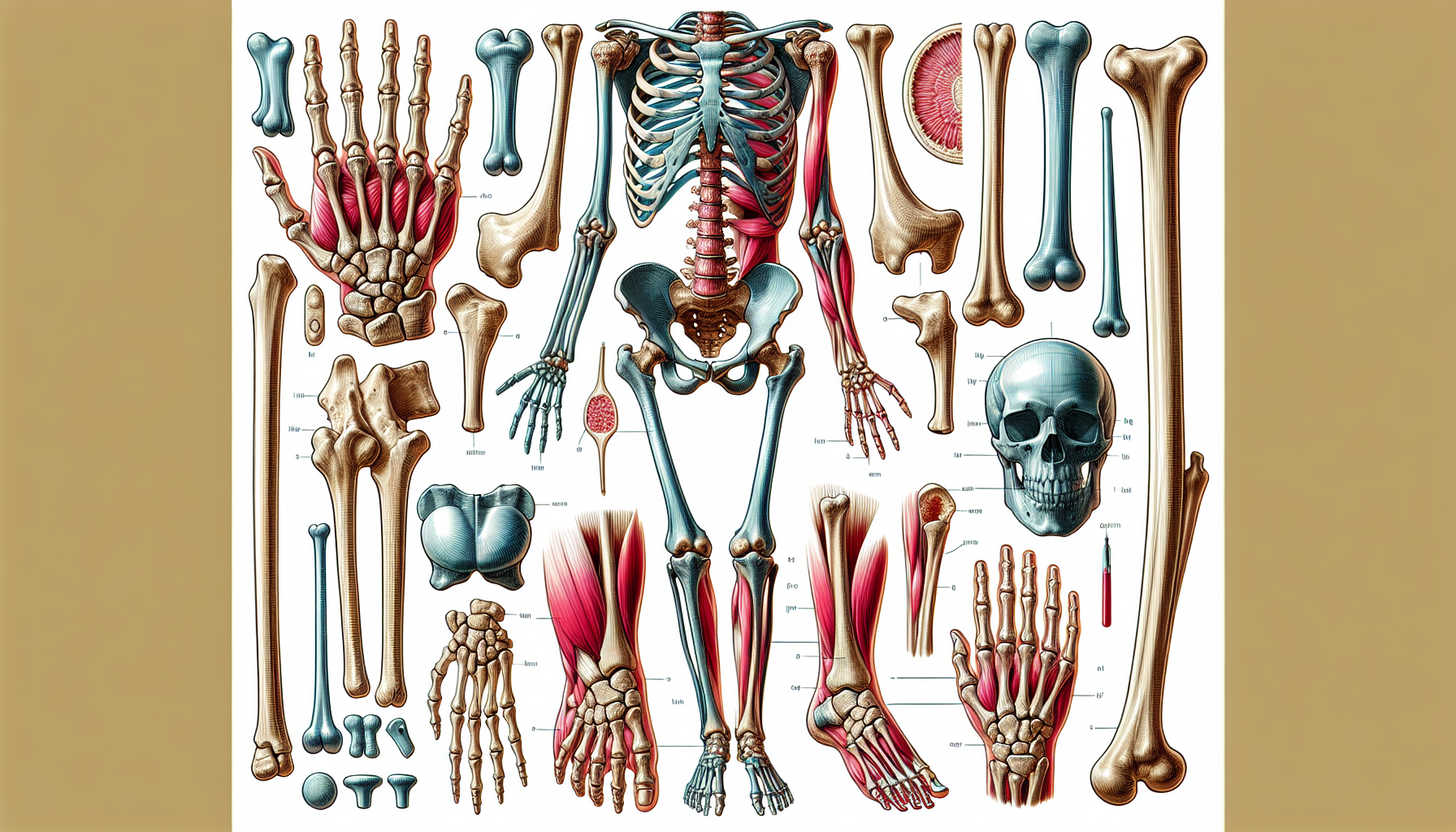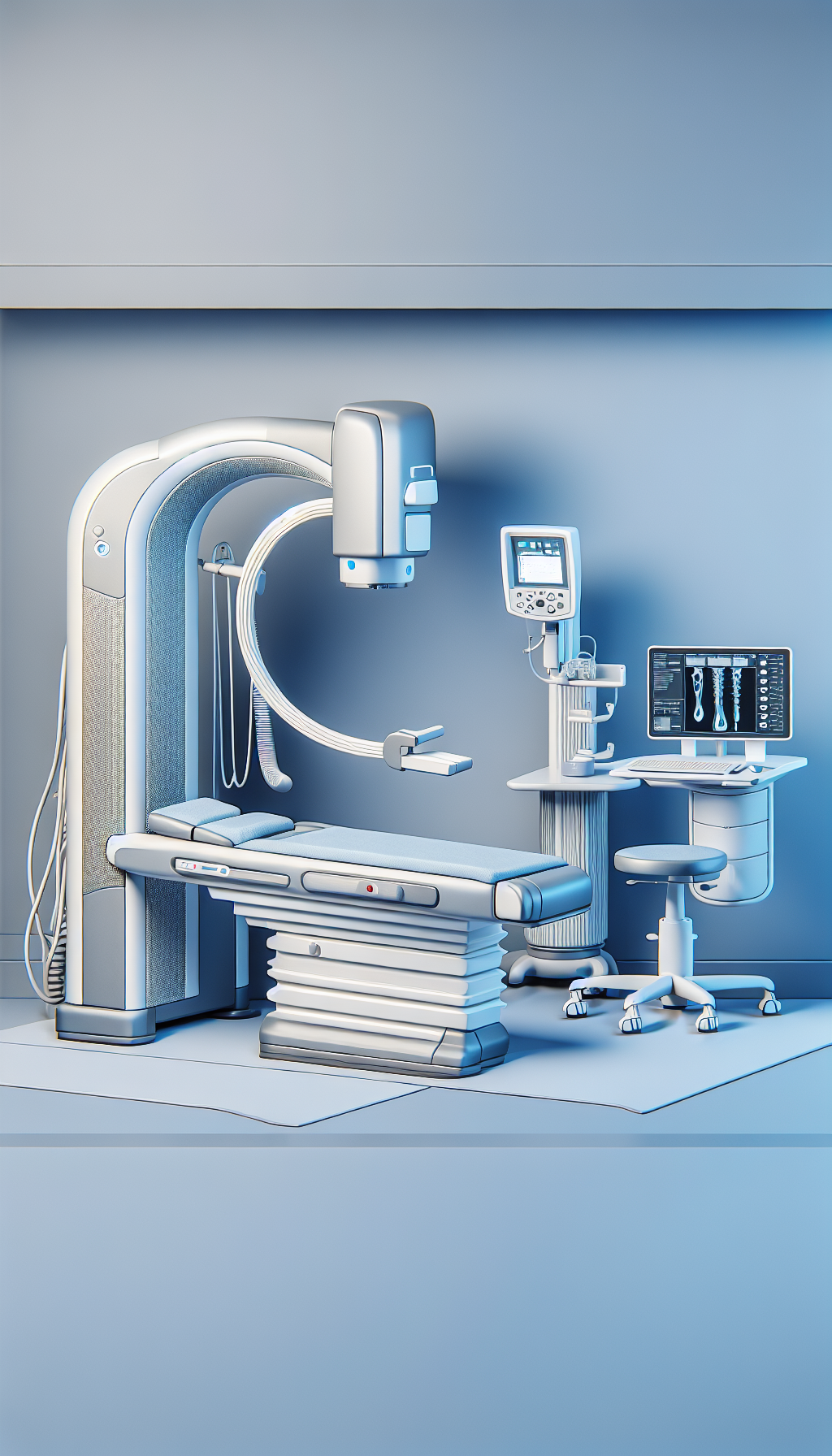Bariatric surgery is a life-changing procedure for individuals struggling with obesity, offering significant weight loss and improvements in overall health. However, the rapid weight reduction can also bring about unexpected side effects, particularly concerning bone health. This comprehensive article delves into the complexities of maintaining bone health post-bariatric surgery, offering insights and strategies to mitigate potential risks.
Understanding the Impact on Bone Health
Weight loss surgery, while beneficial in a myriad of ways, can inadvertently lead to decreased bone density. The reasons for this are multifaceted, involving changes in hormone levels, nutrient absorption, and alterations in body mechanics. The reduction in weight-bearing activities post-surgery can also lessen the stimuli necessary for maintaining bone density.
To gain a deeper understanding of how bone health can be affected, it’s crucial to explore the structure and function of bones. Bones are not merely rigid structures; they are living tissues that continuously remodel and adapt to the stresses placed upon them. When the dynamic balance between bone formation and resorption is disrupted, as can happen after significant weight loss, bones may become weaker and more susceptible to fractures.
Interventions and Strategies for Bone Health
Nutritional Considerations
Post-bariatric surgery, the body’s ability to absorb vital nutrients such as calcium and vitamin D can be compromised due to the altered digestive system. These nutrients are foundational to bone health, as they play critical roles in bone formation and maintenance. Incorporating a diet rich in bone-friendly nutrients or discussing supplementation with a healthcare provider is paramount. The importance of dietary choices on bone integrity can be further explored in articles discussing the impact of dietary protein and the role of micronutrients like zinc and vitamin A on bone health.
Exercise and Physical Activity
Engaging in regular weight-bearing and muscle-strengthening exercises is one of the most effective ways to encourage bone density post-surgery. Activities such as walking, jogging, and resistance training apply the necessary stress on bones to stimulate growth and strength. For more specific guidance, consider reading about the benefits of weight lifting for bone density.
Medical Monitoring
Regular bone density screenings are a proactive measure to monitor bone health after bariatric surgery. These screenings can provide early detection of bone loss, allowing for timely interventions. The importance of regular bone density screenings cannot be overstated, as they serve as a critical tool in preventing osteoporosis and related complications.
Medication & Supplements
In some cases, medication or supplements may be recommended to support bone health. It’s essential to discuss the potential need for pharmacological interventions with a healthcare provider, particularly as the body’s requirements may change post-surgery. For more information on how medication and supplements can support bone health, visit Avix Health’s medication & supplements resource.
External Resources for Further Information
To complement the strategies mentioned above, there are high-quality resources available that can provide additional support and information:
- The National Osteoporosis Foundation offers specific guidance on bone health after bariatric surgery.
- Research studies, such as those found on PubMed, can provide scientific insights into the mechanisms of bone density changes post-surgery.
- Organizations like the American Society for Metabolic and Bariatric Surgery provide resources on life after bariatric surgery, including aspects related to bone health.
The Role of Healthcare Providers
Working closely with healthcare providers is essential for a comprehensive approach to maintaining bone health after bariatric surgery. A multidisciplinary team, including dietitians, endocrinologists, and physical therapists, can offer tailored advice and interventions. Continuous dialogue with these professionals ensures that dietary plans, exercise regimens, and any necessary medical treatments are optimized for individual needs.
Conclusion
Maintaining bone health post-bariatric surgery requires a multifaceted approach that includes nutritional considerations, physical activity, medical monitoring, and possibly medication or supplements. By educating oneself and collaborating with healthcare professionals, individuals can take proactive steps to ensure their bone health remains a priority alongside their weight loss journey.
As research continues to evolve, so too will strategies for protecting bone health after significant weight loss. It’s important to stay informed and vigilant, utilizing resources like those provided by Avix Health, and external authorities in the field. With the right knowledge and tools, navigating bone health post-bariatric surgery can be a manageable and successful aspect of one’s health journey.



